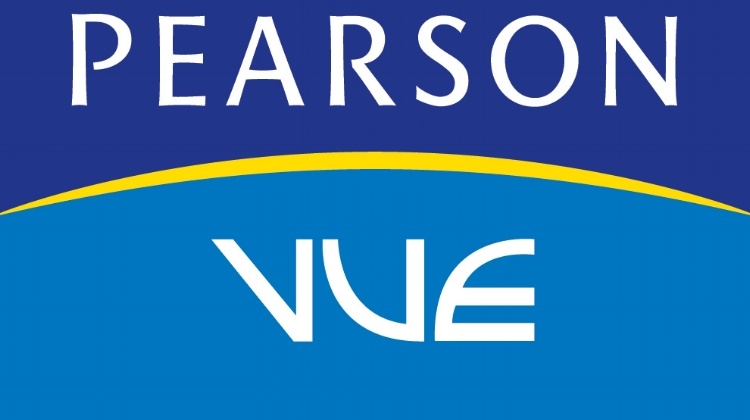Developing Intercultural Competence
“Individuals are not born interculturally competent, they become competent through education and life experiences.” (UNESCO, 2013)
At STC Higher Education we feel that it is our duty to prepare students to become well-equipped and active citizens in an ever-changing globalised and more digitised world. The module ‘Culture Studies’ helps students reflect upon their cultural background and how this affects the way they view the world. It also enables them to gain awareness and increased understanding of other cultures.
One of the roles of teachers is to instil a questioning attitude in students. Being critical of one’s own culture is not easy. It requires being able to ‘decentre’, in other words ‘stepping back’ to be able to reflect on what we take as natural and is very often unconscious to us. Giving our students the opportunity to listen, observe and look at situations from different perspectives is one way of helping them develop their intercultural competence.
Throughout the module, students are presented with ample opportunities to develop their inquiry skills, including the skills of questioning the messages we are bombarded with through social media. Students are encouraged to ask pertinent questions such as: “Whose version is this?”, “What is the author’s agenda?”, “What is included and what is left out?”, “Are we listening to both sides of the story, or are we only hearing what appeals to us?”
Showing respect and accepting other worldviews does not mean that one has to agree with everyone. Likewise, adapting to cultural differences does not mean giving up one’s cultural identity. An organisation that manages to view differences as an asset and an opportunity to grow is a strong organisation. At STC we strive to lead by example!
Reference:
UNESCO (2013). Intercultural competencies – conceptual and operational framework. Paris: Author.









